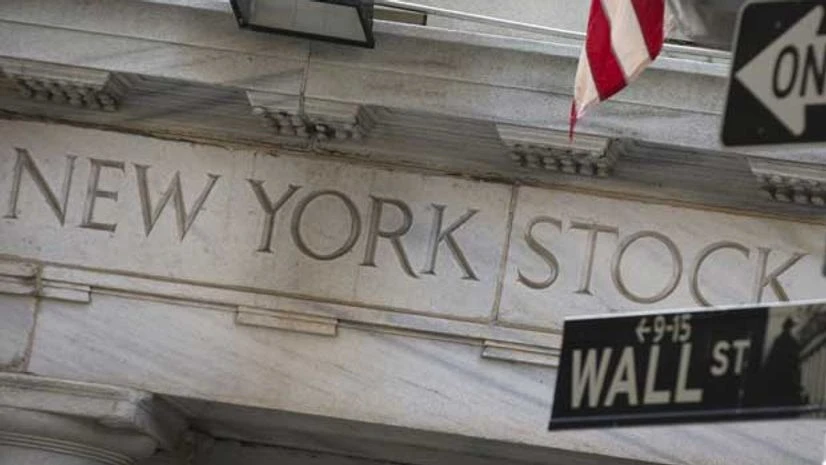US stocks fell sharply in afternoon trading on Monday and were set for their worst third-quarter performance in four years as investors worried about the health of China's economy and its potential impact on the timing of a US interest rate increase.
The Nasdaq composite and S&P 500 both dropped more than 2%.
Much of the damage came from pharmaceutical and biotech stocks, including Allergan
The Nasdaq biotechnology index fell 6% following its worst week in seven years. Among the S&P sectors, the health care index was the deepest decliner, down 3.66%.
"The broad healthcare sector and China are hurting the market. It's time for risk-off and there's no place to hide," said Richard Weeks, managing director at HighTower Advisors in Vienna, Virginia.
Also Read
Profits at Chinese industrial companies fell 8.8%, fresh data showed, pushing down shares of raw material producers and energy companies. Oil prices fell more than 2%.
US consumer spending rose more than expected in August, data showed on Monday, appearing to add to the case for an interest rate increase this year.
However, contracts to buy previously owned US homes decreased, indicating the robust housing market could be losing some steam.
The Federal Reserve held off from raising rates at its September meeting, citing concerns about the global economy, notably China, among other factors.
New York Federal Reserve President William Dudley on Monday added to expectations for a rate increase, suggesting the central bank could pull the trigger as soon as October.
Several other Fed officials are scheduled to speak during the week, including Chair Janet Yellen on Wednesday.
Investors will also scrutinize September non-farm payrolls data set for release on Friday.
At 2:41 pm, the Dow Jones industrial average was down 1.65% at 16,045.25. The S&P 500 lost 2.23%, to 1,888.26 and the Nasdaq Composite dropped 2.72% to 4,559.05.
Billionaire investor Carl Icahn said the US Federal Reserve's low interest rates are creating bubbles in markets for art, property and high-yield "junk" bonds, in a video to be released on Tuesday.
The CBOE Volatility index, known as Wall Street's "fear gauge", jumped 16% to 27.37, well above its long-term average of 20.
Alcoa's
Apple
Declining issues outnumbered advancing ones on the NYSE by 2,744 to 337. On the Nasdaq, 2,323 issues fell and 509 advanced.
The S&P 500 index showed no new 52-week highs and 76 new lows, while the Nasdaq recorded eight new highs and 338 lows.

)
